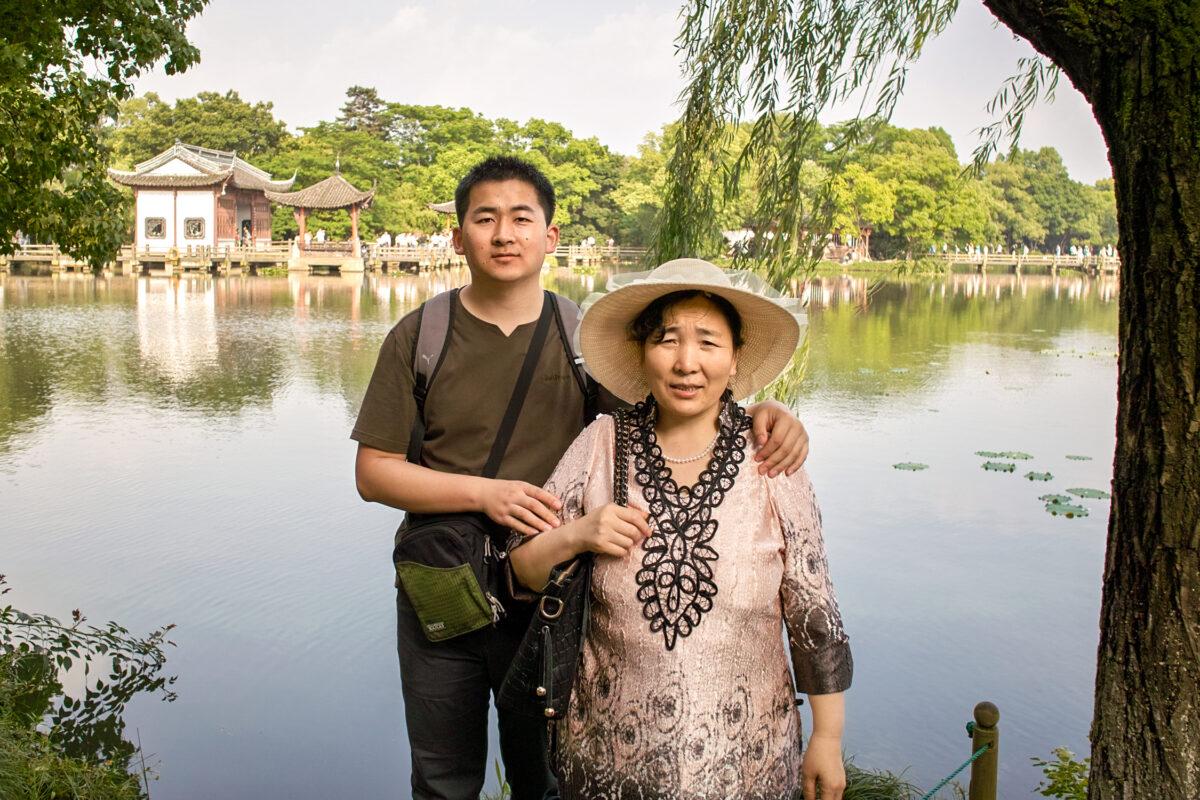Communist China is reshaping the world according to its own agenda. And Americans need to act if they don’t want their cherished freedoms taken away, Sen. Rick Scott (R-Fla.) told a panel event in Washington on Feb. 10.
“We cannot allow Xi’s influence to spread, because communism is a cancer,” he said, referring to Chinese leader Xi Jinping. “We know what it’s done in Cuba. We know what it did in Soviet Russia. We see it at work in Venezuela, and now we have people in America saying socialism is good—we cannot let this spread.”
“It will kill us, just like it killed one hundred million people in the 20th century.”
At the forum at America First Policy Institute, a think tank led by some senior Trump administration officials, the senator made clear that he saw China under the Chinese Communist Party as the greatest threat to world order and Americans’ livelihoods, an idea that is receiving growing consensus in Washington.
For Scott, the “tainted” Winter Olympics in Beijing is the latest reminder about the direction the communist regime is heading.
“It was a perfect example of the kind of propaganda Communist China is known for—they want to whitewash their crimes,” said Scott.
He went on to enumerate a list of Beijing’s transgressions at home and abroad, including its coverup of the pandemic; suppression of Xinjiang, Tibet, Hong Kong freedoms; its harassment of Taiwan; forcible harvesting of organs from Falun Gong practitioners; trade violations; and militarization in disputed waters. These acts demonstrate that the Chinese leader “doesn’t want to merely compete on the global stage—he wants to set the terms of debate and isolate the U.S. and our allies,” he said.
“You look at what they’re doing and you can’t help but come to these two conclusions: Communist China has chosen to be our enemy … and we have entered into a new Cold War.”

Detention Near Olympic Venues
A string of prison camps currently holding prisoners of conscience are situated in Beijing and nearby cities where major Olympic events are taking place, according to an interactive map recently released by Falun Dafa Information Center, a New York-based advocacy group.One of those imprisoned in these facilities is 65-year-old Ji Yunzhi, who had also previously been detained in labor camps in 2001 and 2008, the year of the Beijing Summer Olympics, merely for persisting in practicing her faith in spiritual discipline Falun Gong. The Chinese Communist Party has brutally persecuted adherents of the faith group for more than two decades.
During her previous detentions, Ji was slapped, beaten, electrocuted, and stabbed with needles reaching her bones, according to Minghui.org, a U.S.-based website that tracks the persecution of Falun Gong. In both instances, she was released on medical parole when her injuries led her to the brink of death.
Ji is now on a hunger strike at Baarin Left Banner Detention Center in Inner Mongolia, the region neighboring Zhangjiakou city that hosts the majority of the ski and snowboarding events at the Beijing Olympics.
Ji’s son Simon Zhang, who lives in the United States, said the police had been waiting outside when his father opened the door to throw out some trash. They grabbed dozens of Falun Gong books and took Ji away, he said in an interview with EpochTV’s “Facts Matter” program.

It was a great shock to the family because it happened on the first day of the Chinese New Year, China’s biggest yearly event where families reunite and exchange well wishes, said Zhang.
At the time when the 2008 Summer Olympics convened, Zhang was in his early 20s working in the city of Xi’an, about 2,000 miles away from his jailed mother. He remembered watching the “fabulous” opening ceremony, which was “like a huge banquet celebrating unity.”
But all the while, he couldn’t help thinking about what his mother was suffering in the labor camp. Something was wrong with the country, he thought to himself at the time.
“She was arrested and tortured, just for her belief in truthfulness, compassion, forbearance,” Zhang said, citing the three core principles of Falun Gong. “And her willingness to continue to tell the truth even if the government doesn’t want her to do so.”
“She was put into prison to put into a labor camp to be tortured, to be silenced for that fabulous ceremony … that everyone from the world is focusing on.”
Zhang spoke fondly of his mother, describing her as warmhearted, active, and well respected for her honesty. He is nonetheless worried about her health, which has deteriorated amid the years of torment. Three months ago, Ji suffered a heart attack and a seizure during another house raid. Police took a lot of cash, worth about 40,000 yuan ($6,200) in total, according to Minghui.
“She’s stubborn, because once she thinks something is right, she will not give up.”





